T4K3.news
US raises Maduro arrest bounty to 50 million
The United States doubles its reward for Maduro to 50 million dollars as part of ongoing narcotics crackdown and asset seizures.
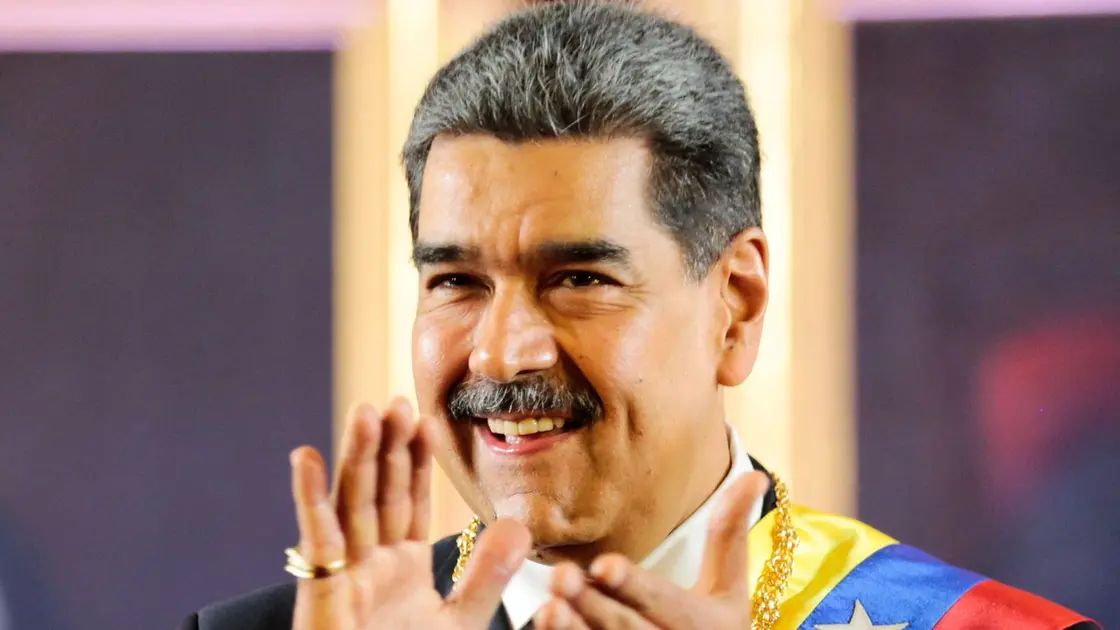
The United States increases the Maduro bounty to 50 million amid narcotics trafficking accusations and asset seizures.
US raises Maduro arrest bounty to 50 million
The United States has doubled its reward for the arrest of Venezuelan President Nicolas Maduro to 50 million dollars, announced by the Justice Department. The offer previously stood at 25 million after a 2020 indictment on narco-terrorism and conspiracy to import cocaine, with the Biden administration later raising it from 15 million to 25 million. Officials say the crackdown has included asset seizures totaling more than 700 million dollars and the seizure of two private jets, along with tracing nearly seven tonnes of cocaine to Maduro’s network.
Venezuela’s foreign minister criticized the move as pathetic and accused Attorney General Pam Bondi of conducting a crude political propaganda operation. Caracas also pushed back on the broader framing of the case, arguing that the United States is using the bounty to rally political support rather than pursue due process or credible evidence.
Key Takeaways
"Under President Trump's leadership, Maduro will not escape justice"
Statement from Attorney General Pam Bondi announcing the new reward
"The show is a joke, a desperate distraction from her own misery"
Venezuela's foreign minister Yvan Gil reacting to Bondi's remarks
"The same one who promised a nonexistent 'secret list' of Epstein does not inspire trust"
Gil responding to Epstein-related claims linked to the administration
The move signals a hardline stance from Washington toward Maduro and could heighten tensions between the two countries. It blends criminal justice with foreign policy, a pattern that can increase leverage but also invite retaliation or unified regional pushback from Caracas and allies. The politics of punishment may shape public messages at home and abroad, yet the practical effect on drug trafficking and governance remains uncertain.
As the dispute unfolds, observers will watch whether this bigger bounty translates into more cooperation from third countries, additional sanctions, or a clearer legal path to Maduro’s accountability. The episode also tests how far a monetary reward can influence diplomacy when political rhetoric and legal claims collide.
Highlights
- A bounty sends a message but justice travels slower
- Politics and crime policy should not blur the line between pursuit and spectacle
- Money cannot replace due process or independent evidence
- This is about deterrence and diplomacy as much as crime
Political and diplomatic risk around Maduro bounty
The sharp rise in the bounty introduces a high-profile political element to a criminal case and could provoke backlash from Venezuela and its allies. It may complicate diplomatic relations while testing how much policy leverage the US seeks through sanctions and enforcement actions.
The outcome will test how much leverage a single bounty can buy in a crowded field of sanctions and diplomacy.
Enjoyed this? Let your friends know!
Related News
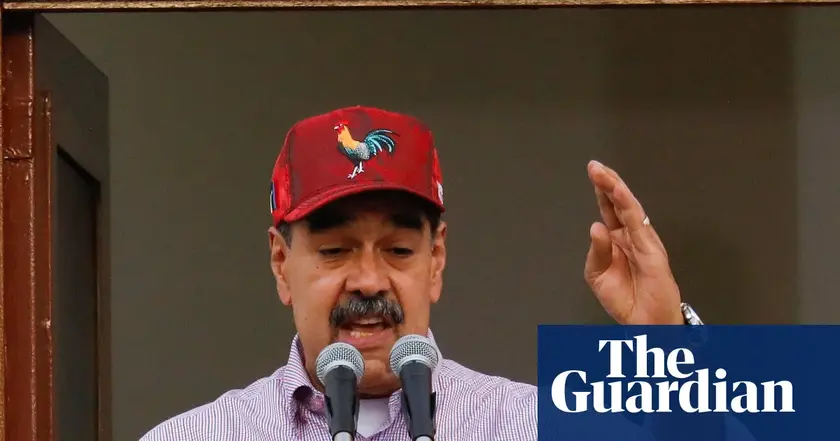
U.S. doubles reward for Nicolás Maduro's capture
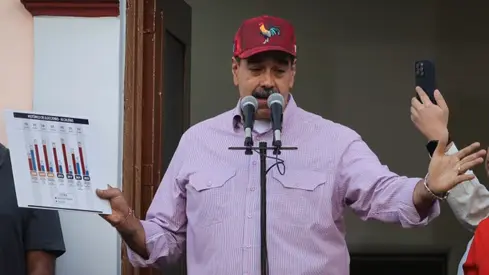
US increases reward for Nicolás Maduro to $50 million
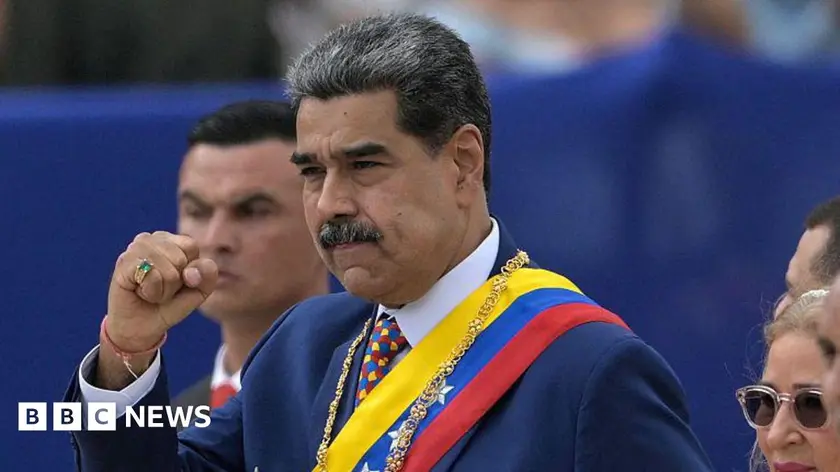
US offers $50 million reward for Nicolás Maduro's capture
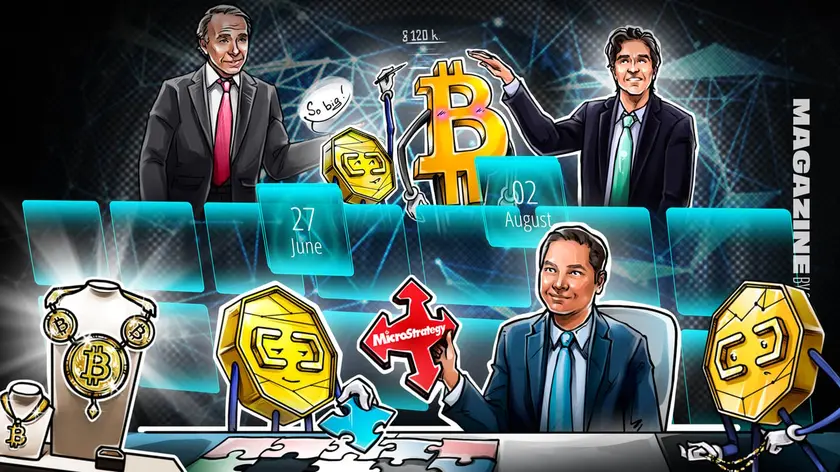
XRP Set for 20% Price Rally Amid Regulatory Changes
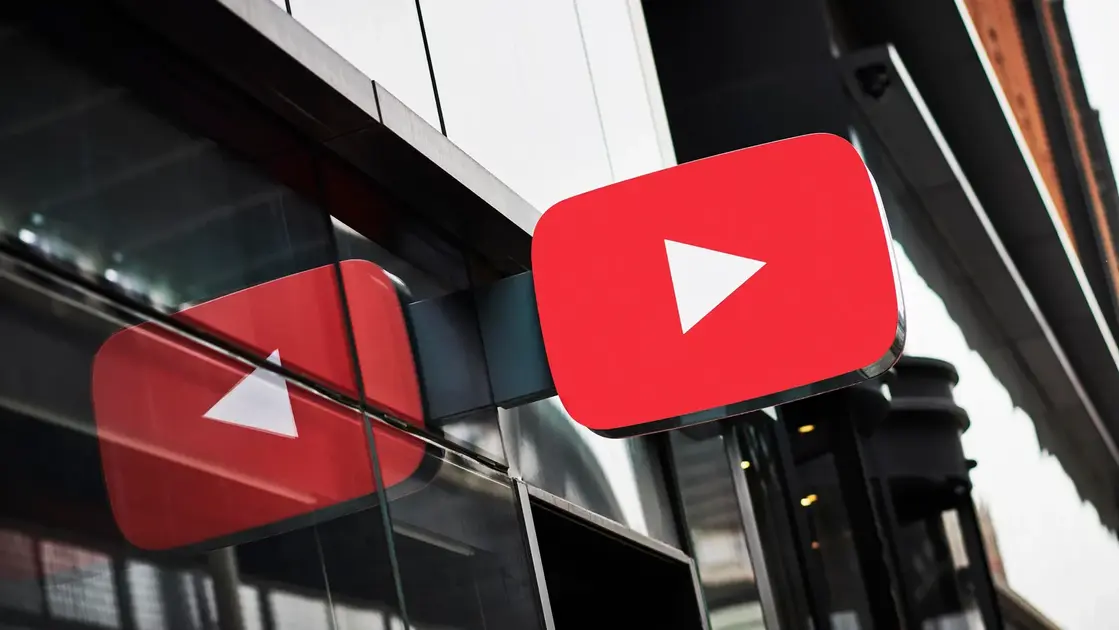
Celebrities pledge millions for wildfire relief

Lovable becomes fastest-growing software startup

Trump's tariffs may increase coffee prices
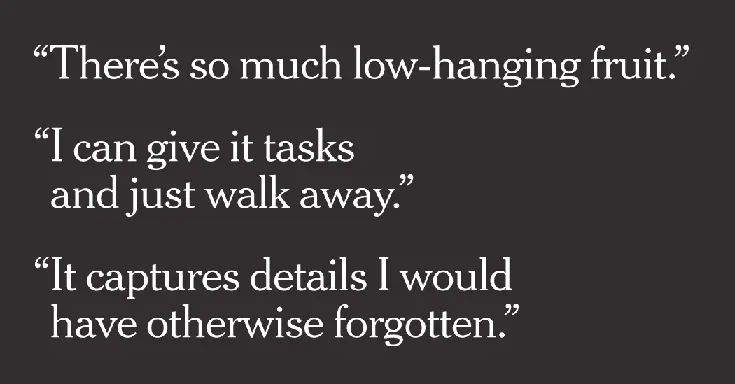
AI tools expand in workplaces
